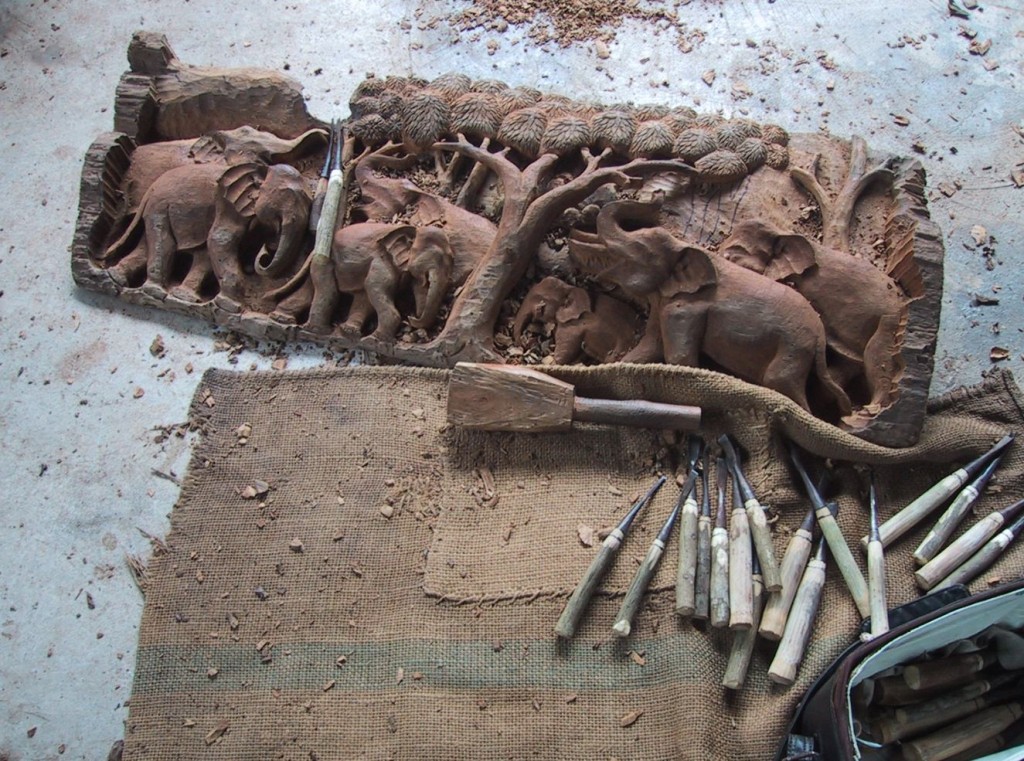A new mode of governing is transforming state formation, state-society relations, political organisation and civil society throughout Southeast Asia. As part of an emerging neoliberal order, projects – understood here as self-contained, collaborative and funded activities intended to achieve a designated end and attained through at least formal performance of a competitive process – are being used to channel development funding, achieve policy goals, and bankroll civil society. As a result, from top to bottom of Southeast Asian society all manner of social actors – from political party chiefs to good governance NGOs, from village councils to provincial businesspeople – are reconfiguring themselves to bid for and obtain projects.
Yet projects are often appropriated by their recipients for purposes at variance to the neoliberal framework in which they are conceived. In the hands of political actors they become patronage resources to be distributed through clientelist networks. Villagers and urban dwellers use projects to localise and domesticate the state and to bind draw external resources into local circuits of exchange. In this panel, anthropologists, political scientists and others will examine how projects are transforming Southeast Asia, the patterns of competition and fragmentation they foster, and the practices and perspectives through which projects are resisted and reinterpreted at the grassroots.
These issues will be examined in a panel I am co-organising (with Ed Aspinall and Michele Ford) at the Seventh EuroSEAS Conference to be held in Lisbon from 2-5 July 2013. If you would like to be considered for participation in the panel please send me a short paper abstract (one or two paragraphs) by the end of September.
 Facebook
Facebook  Twitter
Twitter  Soundcloud
Soundcloud  Youtube
Youtube  Rss
Rss 